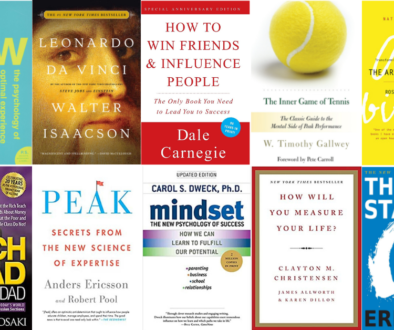Book Review: Flow by Mihaly Csikszentmihalyi
There is something special about books written by people who have been studying their craft for several decades. These people are able to cut through to the essence and remove all of the noise in order to help us learn the key principles and ideas of a particular subject. In his book, Flow: The Psychology of Optimal Experience, Mihaly Csikszentmihalyi took decades of research and distilled it to the 300 pages that matter the most.
I discovered Mihaly Csikszentmihalyi while working towards my masters degree in psychology. I noticed his name cited in dozens of papers that I was assigned to read. Eventually, my curiosity won and I looked up his research and started reading his original work. After reading his work, it was obvious why he was cited so often – his work was quite foundational for the field of positive psychology and was easy to build upon. Later, I discovered and read his book. I found the book to be a practical and actionable summary of his work.
Why is Flow an Important Concept?
Csikszentmihalyi’s research on happiness caught my interest the most. It was in this research that he identified the concept of flow which gets to the core of other important topics including, but not limited to, happiness, performance, focus, mastery, and mindfulness. Learning about flow will significantly enhance your understanding of any of these topics.
The findings and insights of flow in this book are critical reading for anyone embarking on reinvention or entrepreneurship. Almost 12 years after reading this book, I still make references to his work, studies, and insights.
The ideas in this book have significantly impacted the way I teach, coach, and create. While working through my several reinventions, it was critical that I improve my ability to learn. Training myself to snap into flow on demand helped me accelerate my reinventions and do so more successfully.
What is Flow?
Flow is a state of total focus or engrossment into an activity to the point you don’t notice anything around you. When in flow, you can even forget that you are hungry or needed to go to the bathroom. In this state, you are channeling most of your brain’s capacity into a single challenge or activity, thus giving you the best chance of delivering outstanding performance.
In order to trigger flow, you need to engage in an activity that is beyond your skill level, but not so far that it seems impossible to achieve. When you find that sweet spot of challenge, you have one of the key conditions for triggering flow. When I taught middle and high school math, I leveraged these idea in order to create the conditions for my students to get into flow. Once a student was in flow, there was no stopping them from engaging in the work and enjoying the process. At that point, my job was to get out of their way!
According to Csikszentmihalyi’s research, we are at our happiest when we are in flow. And it turns out we are more often in flow at work than at home. Yes, that means we tend to be happiest at work! For the record, this simply means that at work, we are more likely to encounter situations that meet the conditions for flow. We can design for flow triggers at home if we choose to do so. One of my favorite examples was deciding to master the buttermilk pancake. Every weekend, I committed to making a better pancake than the weekend before. This was a built-in opportunity for getting into flow at home. Not only did I enjoy the process, but I also enjoyed the tasty outputs of my work!
How Flow Applies to Entrepreneurship and Reinvention?
Entrepreneurs are often challenged by the tasks and activities required to build businesses because they are usually beyond our current experience and skill level. However, sometimes, we get incredibly discouraged and that suggests we may have taken on a challenge too great. If that happens, we can break down the challenge into smaller pieces that are closer to our skill level and/or find someone to help us.
The insights and strategies in this book can help us make massive progress towards our ventures sooner rather than later. Personally, I sometimes find myself completely stuck when faced with something that was too difficult for me. I eventually learned to snap out of it by taking action. In order to figure out a quick action to take, I chunk down the original challenge or ask someone to help me. I am still learning to get better at asking for help.
Check out Mihaly Csikszentmihalyi’s TED Talk
In this 2004 TED Talk, Mihaly shares key ideas from his research and practical applications of his findings.




How a Life Theme Drives Fulfillment & Happiness - Roger Osorio Reinvention
June 4, 2024 @ 2:43 pm
[…] I saved the quote below on my Kindle almost 10 years ago. It’s from the book, Flow by Mihaly Csikszentmihalyi. You can check out a review I did on the book here. […]